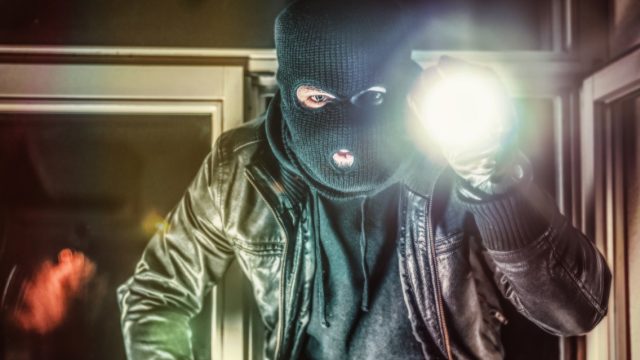
News outlets from New York and New Jersey to Boise, Idaho, to Tempe, Arizona, are reporting on a rash of recent home break-ins. What can you do to keep yourself and your possessions safe? The Telegraph recently interviewed Michael Fraser, a former burglar turned home safety expert, and Jenny Radcliffe, a security consultant who simulates home break-ins for a living, about the top things burglars look for when choosing a target, and how you can avoid becoming one.
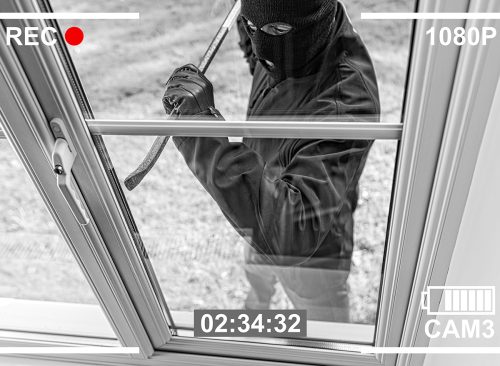
If a burglar can see into a property, it will attract them, said Fraser. "He'll look in through the window. Keys on the inside of the door are a good sign" that the home is a soft target. Install shades, blinds, or curtains on any windows visible from the street, and use them. Don't keep your keys in a visible area.
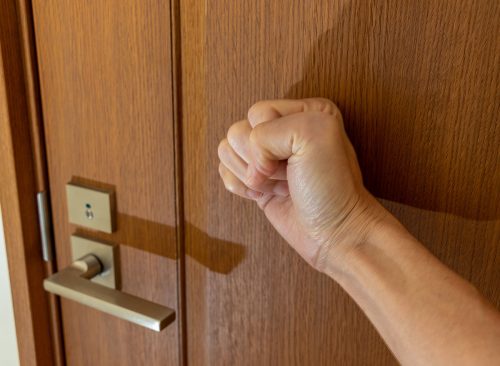
"Even if people have two locks, they usually only use one," said Fraser. "A burglar will put his foot against the door and if the door moves more than two millimeters, he knows the second lock isn't engaged. Your first lock—a Yale lock or cylinder lock—is very easy to bypass." Always use your deadbolt, have old or broken locks fixed, and replace the locks as soon as you move into a new place, he advises.
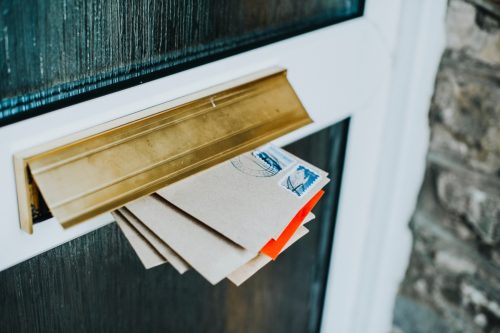
Burglars will often look into a property—and even steal items—through an unsecured mail slot on the front door, Fraser explained. "If you don't have a cage on the inside, a burglar can go 'letterbox fishing,'" he told the Telegraph. "He can use a long, extendable pole to pick up a handbag off the stairs to rifle through, or keys on the sideboard in the hallway."
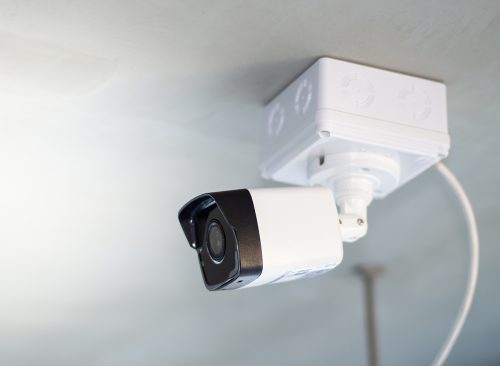
Security cameras are "a big turn off" to burglars, said Fraser. "Alarms are a little out of date," he says. "They're still good, but because people don't tend to react to alarms as much as they used to, they're not as useful as they could be. It's a lot easier to buy a camera you can stick on the front of your house. I think they're absolutely brilliant. If anybody goes into that vicinity it alerts you on your phone and gives you a 10-second video of who's there. You can even speak to them as well, and ask them 'Who are you? What do you want?'."
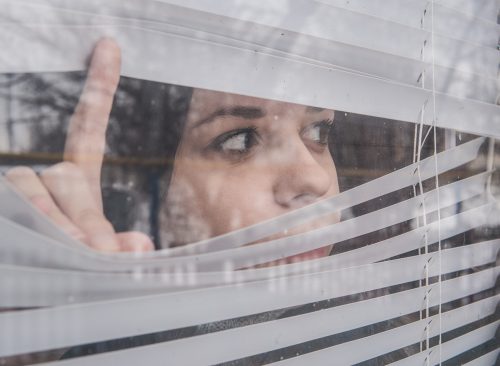
"Window locks are fantastic, because burglars don't want to break a window if they can help it," said Fraser.

"People will also do silly things, like leaving their calendars in the kitchen facing the window, letting burglars know when they're out, thinking they can't read," said Fraser.
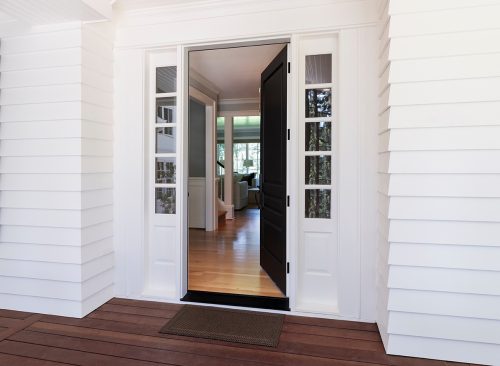
"A lot of burglaries are opportunistic, so keys under plant pots or mats is another no-no," said Radcliffe. "When we think about it, it's common sense, but we can get very complacent." She suggests placing a decoy key under your doormat—a key that looks like the real thing, but doesn't fit the lock. "It will slow the burglar down. If it takes them a while, they're more likely to give up, especially if there's a camera," she said.
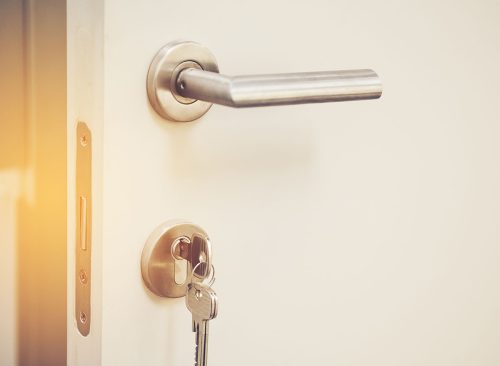
Never leave your keys in the door, said Fraser—another common-sense tip that a surprising number of people get lax about because they have a sense of safety.

"People leave things lying around on the property," said Radcliffe. "Tools, ladders, shears, anything someone can use to get into the home. Leaving these things accessible just lets the burglar use what you've already got to get into your house. Lock them away" in your shed or garage.

"The cat flap or the dog flap is a weak area," said Fraser. "It makes it easier to kick the bottom panel of the door in, and you can get through like that."
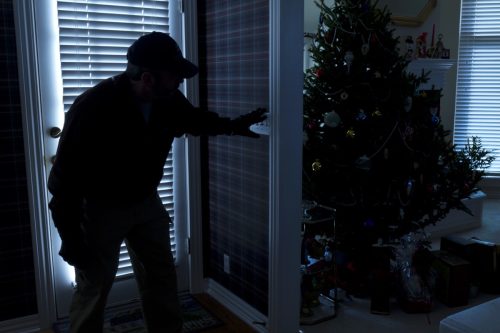
Adding spiky plants like rose bushes against the wall of your home can deter break-ins, Radcliffe said. "Anything to slow burglars down and make things difficult."
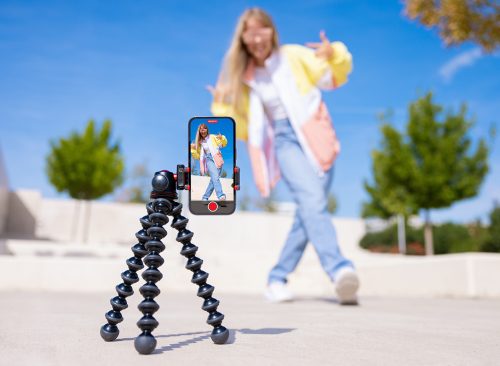
Burglars can case social media sites to see when people are vacationing, Google their addresses, and stage a break-in. "People will put pictures of themselves on holiday or at the airport about to go away. It's like pinning a sign to your door saying 'the house is unoccupied'," said Radcliffe. "Oversharing on social media gives clues about your routine, clues about your income, your car. Burglars are using online reconnaissance to narrow down targets in an area. You've got to ask yourself before you post: 'What am I giving away?'" Setting your posts to private can increase your security.














